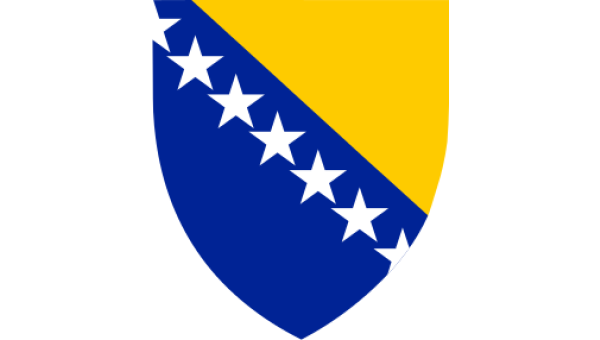
The national competition authority (NCA) of Bosnia and Herzegovina – the Competition Council – has published its annual report for 2022. Thanks to that document, we now have more insight into the enforcement of Bosnian competition law in the previous year, as well as what will some of the NCA’s priorities be in this year.
Merger control: Less activity than in the neighborhood
One of the characteristics of competition law enforcement in Bosnia and Herzegovina is that the country’s merger control thresholds are set higher than in other Western Balkan jurisdictions. Due to that, the Bosnian NCA does not get to decide on vast numbers of foreign-to-foreign transaction with no effect on the local market, as is the case in most other countries in the region.
Specifically, in 2022, 19 transactions in total were notified to the Bosnian NCA. Compared that to around 100 in North Macedonia and between 100 and 150 in Serbia. Out of the 19 notified concentrations, the NCA has resolved 13 transactions, while six are still being examined.
Further, out of the resolved transactions, in eight cases the Bosnian NCA cleared the notified transaction, in four cases it dismissed the filing since there was no merger filing obligation, and in one case the transaction was cleared by virtue of the law since the NCA failed to decide on it within the prescribed time limit. (This latter case is particularly interesting, as it does not happen often that the NCA allows the time limit to lapse).
Since the lower number of merger control decisions in Bosnia and Herzegovina is due to the jurisdictional merger filing threshold, which has not changed in 2023, this year we can expect a similar volume of merger control work of the Bosnian NCA.
Antitrust: Two new infringement decisions
The previous year was relatively quiet on the antitrust front in Bosnia and Herzegovina. Specifically, the Bosnian NCA issued two infringement decisions in 2022, both concerning abuse of dominance. The total amount of fines the NCA issued last year was around EUR 150,000, which seems modest compared to many other European NCAs.
One new request for individual exemption
A peculiarity of the Bosnian system of individual exemption of restrictive agreements is that it is still based on prior notification to the NCA. In that sense, the Bosnian system is comparable to the one which in the EU existed under Regulation 17/62, where an agreement had to be notified to the European Commission to benefit from an exemption.
And it seems parties in Bosnia and Herzegovina are not using this option of exemption too often – the NCA reported that in 2022 only one such request for individual exemption was submitted. Compare that, for example, with Serbia, where the NCA each year exempts 20-30 restrictive agreements. In any case, concerning individual exemption there is room for more activity of the Bosnian NCA, although that depends on how much private parties will rely on this avenue of clearing their agreements.
Legislative changes on the way
Finally, the Bosnian NCA has revealed that, during 2022, it was continuously working on the text of amendments of the country’s Competition Act, with the purpose of further aligning Bosnia’s competition regulations with the EU acquis. According to the NCA, it is now expected that an initiative for the adoption of these amendments be sent to the relevant institutions. This will be something to keep an eye on, although there have been similar announcements earlier, and no changes in the law came to being.
Key takeaways
|
***
For additional information about competition law in Bosnia and Herzegovina, please contact Dr. Dragan Gajin, Head of Competition at Doklestic Repic & Gajin.